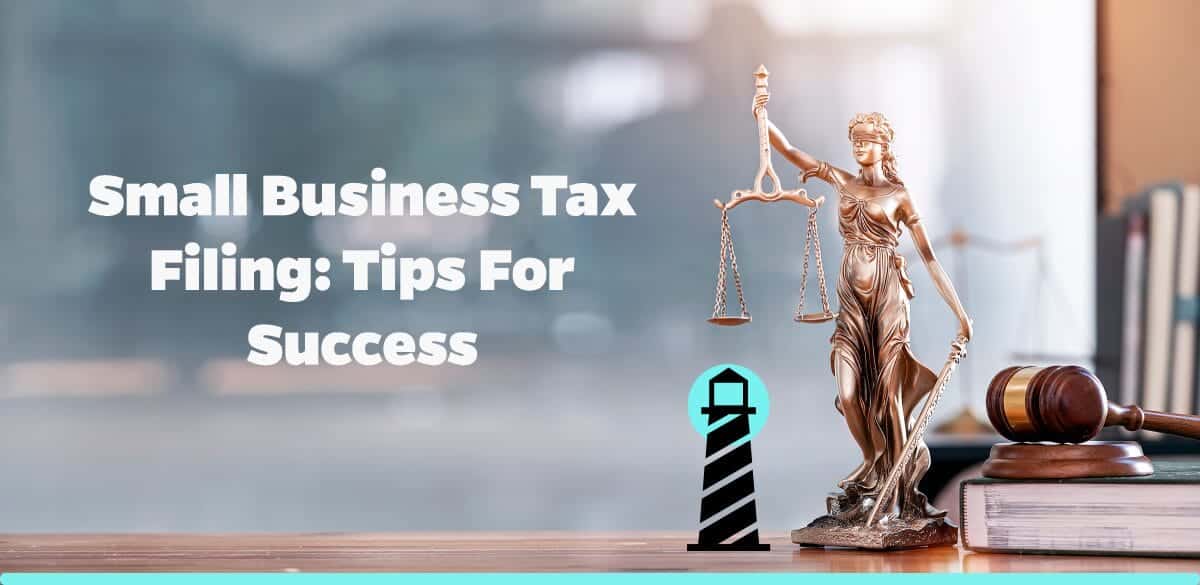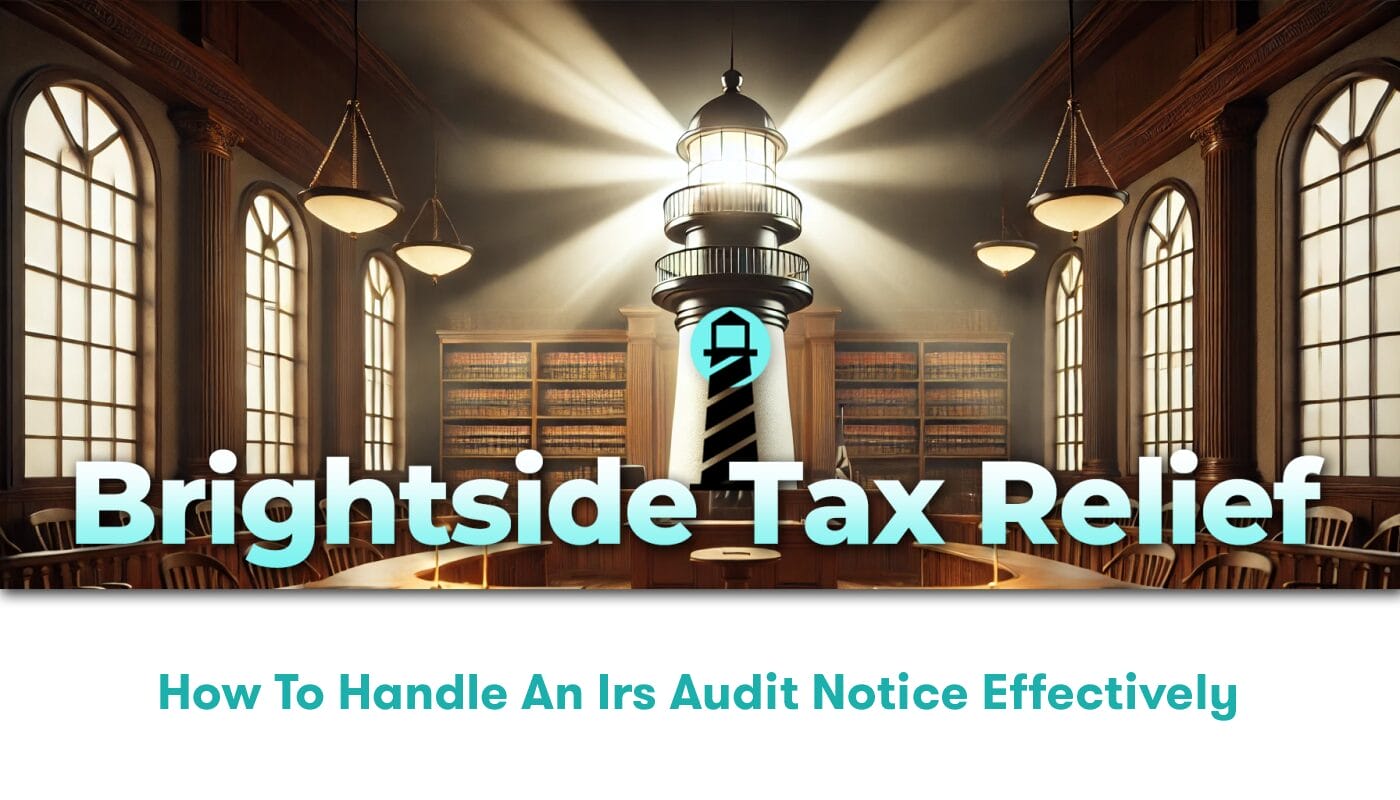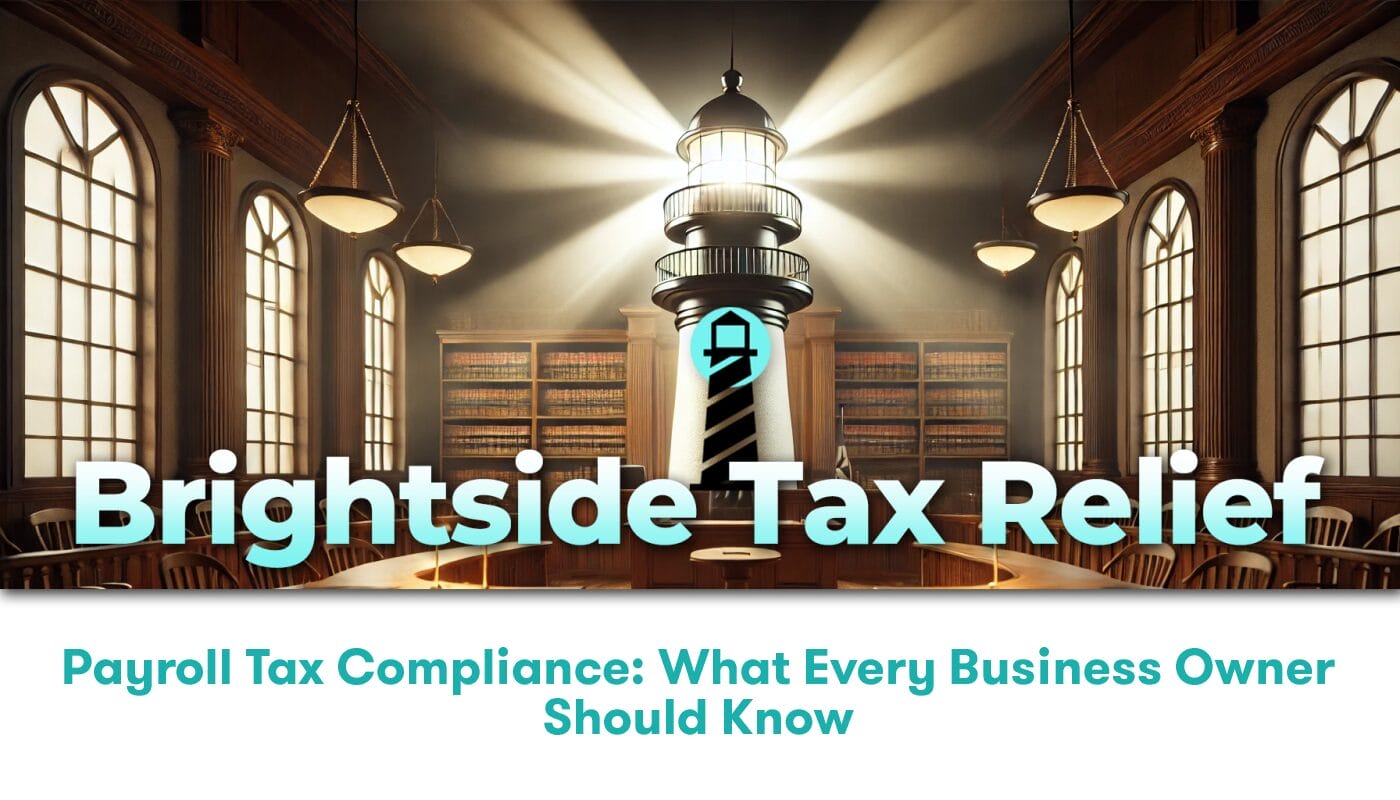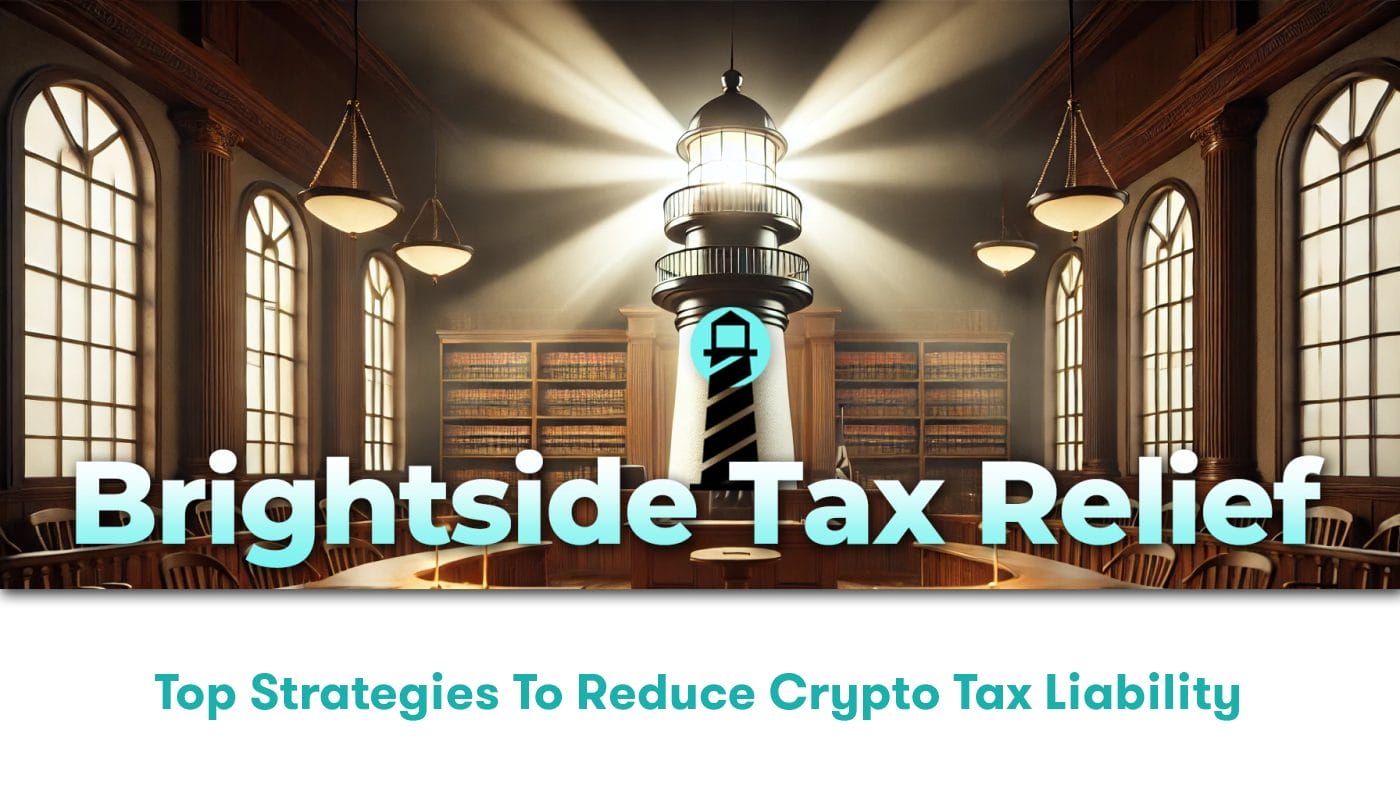Understanding Small Business taxes
Running a small business can be an exciting venture – the adrenaline rush, the challenges, the triumphs, and the learning experience. But when it comes to handling your small business taxes, it may seem complex and confusing. At Brightside Tax Relief, we believe that understanding tax filing could relieve stress and prevent costly mistakes. We have curated a simple, in-depth guide to assist you with your small business tax filing.
The Importance of Getting it Right
For small businesses, dealing with taxes isn’t simply a legal necessity; it is crucial for your financial health. Missing out on deductions or misfiling could result in hefty fines and affecting your business’s bottom line adversely. Understanding how small business taxes work can also help you plan better for your future financial health and prosperity.
Record-Keeping: The Key to Easier Tax Filing
Top-notch record keeping is one of the fundamental practices resulting in successful tax filing. It is recommended to keep track of all business transactions, including income, expenses, and potential tax deductions. Consider investing in a quality accounting system to maintain a clear, organized record throughout the year.
Understanding Deductions
Knowing what deductions you can claim can significantly reduce the amount of your small business taxes. Common tax deductions for small businesses include expenses related to home office, travel, professional services, and equipment. Seek advice from a tax professional or IRS resources to gain clarity on what deductions you can legitimately claim.
Choosing the Right Business Structure
The business structure you choose for your small business (sole proprietorship, partnership, LLC, etc.) can significantly impact your tax rates. For example, C Corporations are subject to double taxation on dividends while an S Corporation is not. Consult with an expert who can provide advice tailored to your business needs.
Staying Informed about Tax Deadlines
Missing tax deadlines can result in penalties. Thus, it is critical to staying updated on tax due dates. Generally, small business taxes are due on April 15th if your business operates on a calendar year, though it changes under certain conditions. It is crucial to check IRS guidelines or consult with your tax advisor about the specificity of your situation.
Quarterly Estimated Taxes
As a small business owner, you may have to file quarterly estimated taxes if you expect to owe tax of $1,000 or more for the year. Not making these estimated payments can lead to penalties. Hence, understanding how quarterly estimated taxes work can help avoid these penalties.
Consider Professional Help
Though small business tax filing might seem like an overwhelming task, professional help from tax advisors or tax relief companies can make the process smoother and more efficient. At Brightside Tax Relief, we are dedicated to helping you understand the complexities of filing small business taxes and ensuring accuracy and compliance.
Concluding Thoughts on Small Business Tax Filing
Properly handling your small business taxes is an integral part of running and growing your business. It can benefit you by potentially saving money, avoiding penalties and audits, and providing a clearer financial picture of your business. Implementing these tips and staying educated about your small business taxes can lead to a less stressful and more successful tax filing experience. Remember, when in doubt, always consult a professional to provide advice based on your specific situation.






